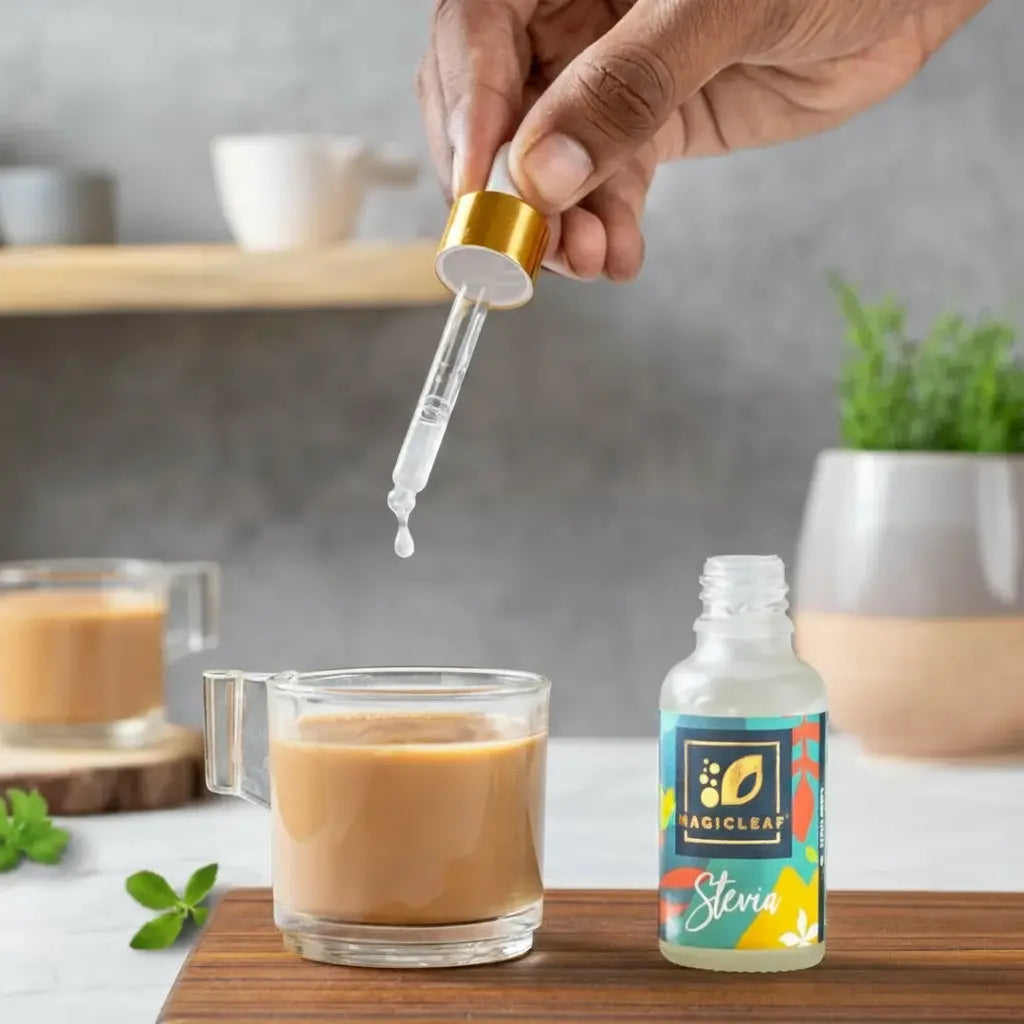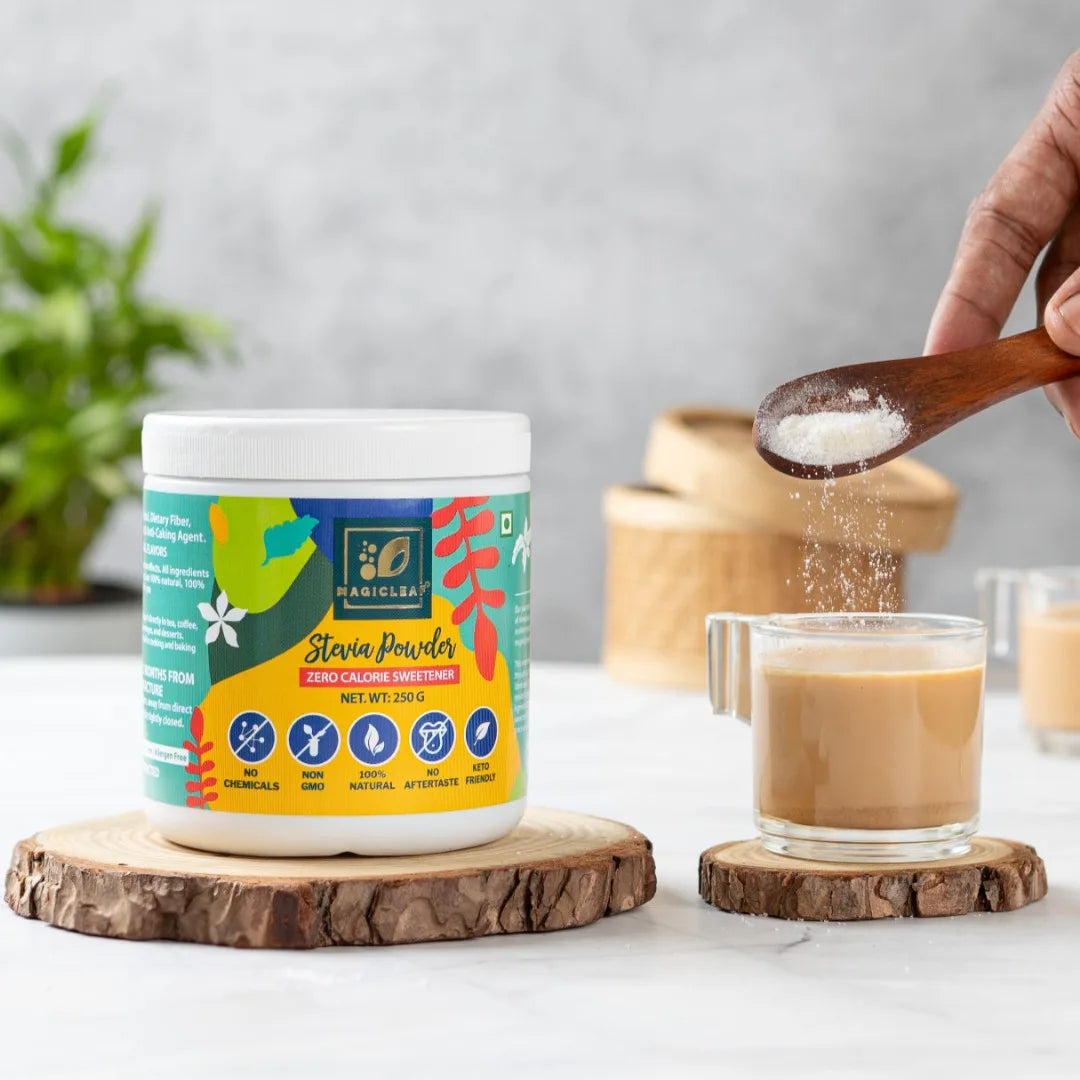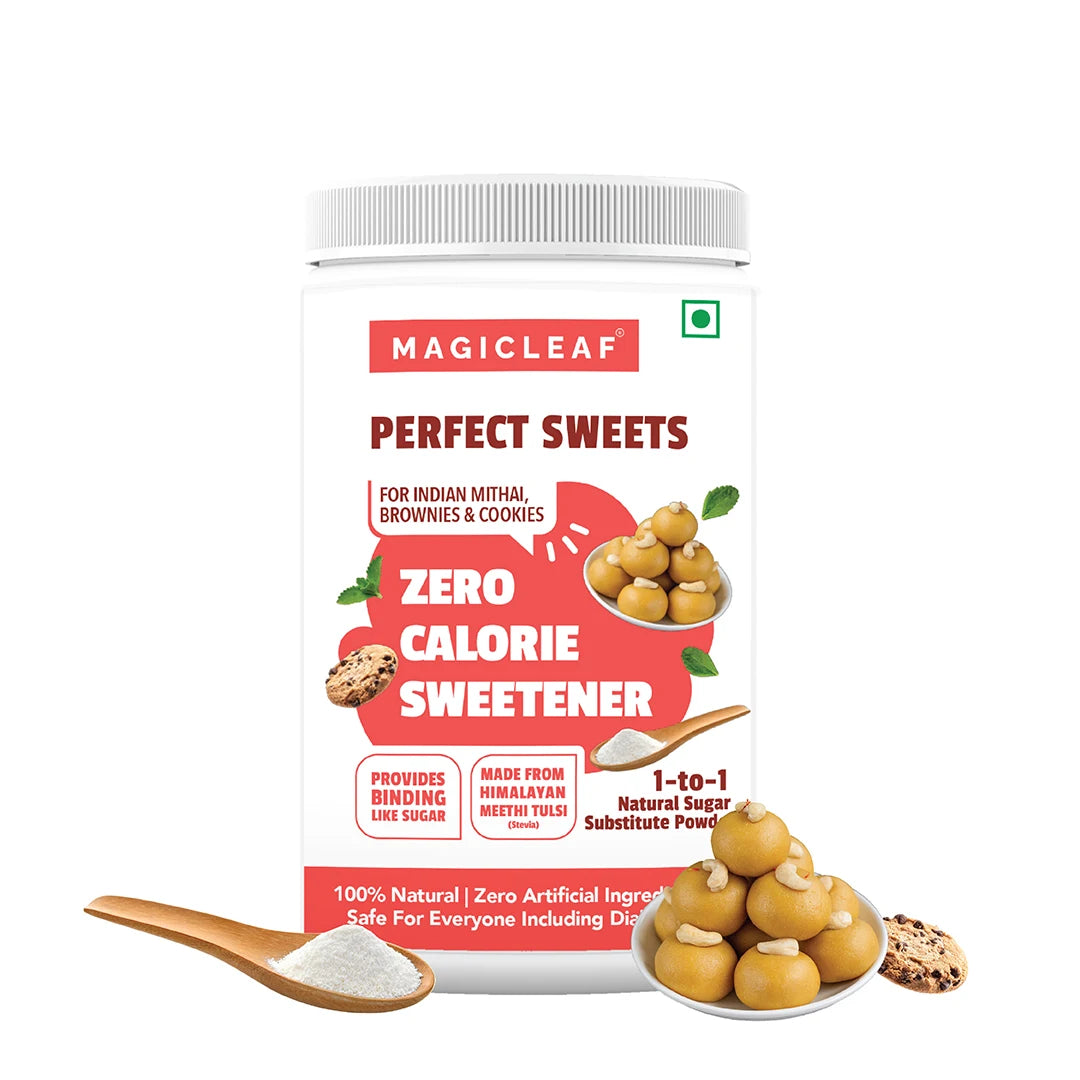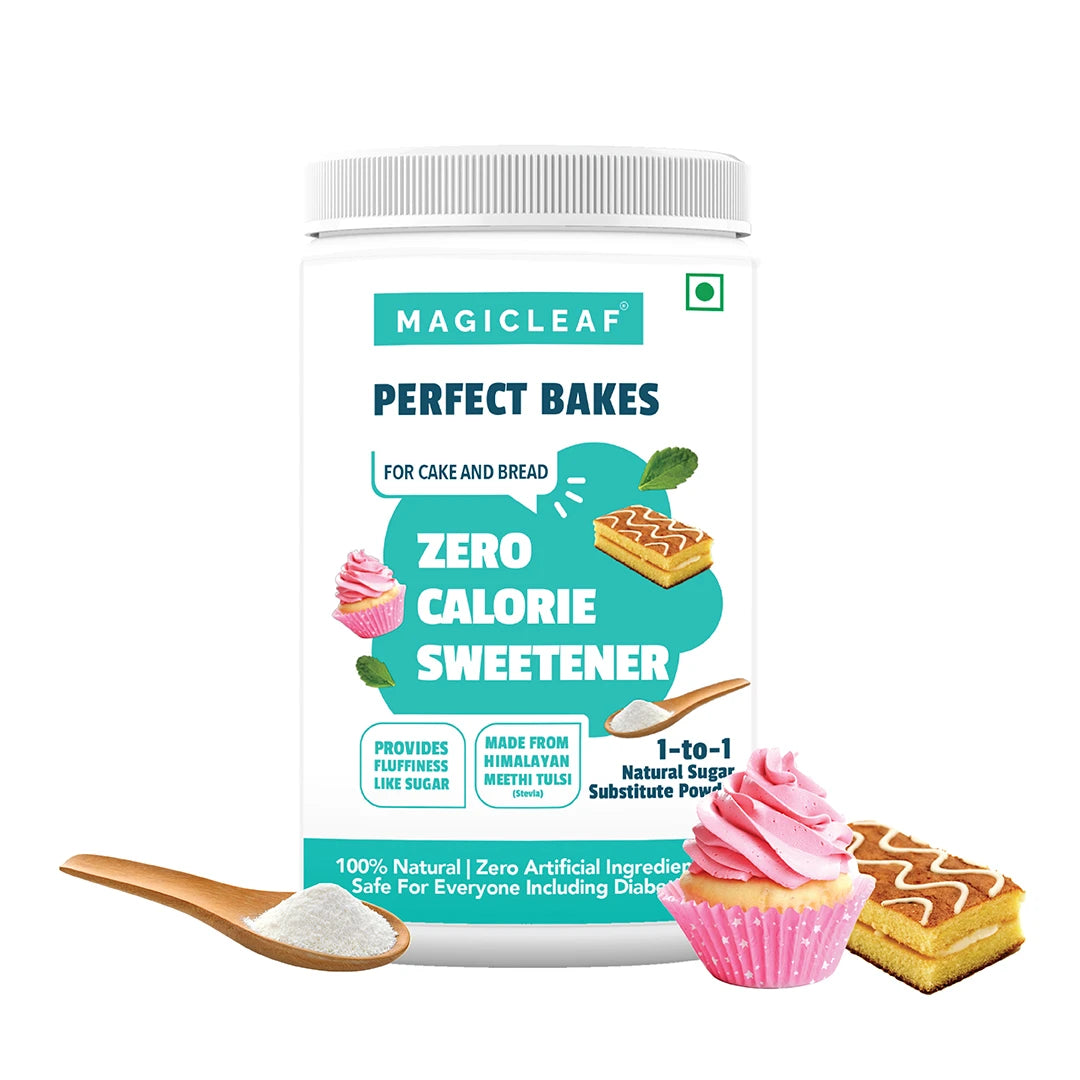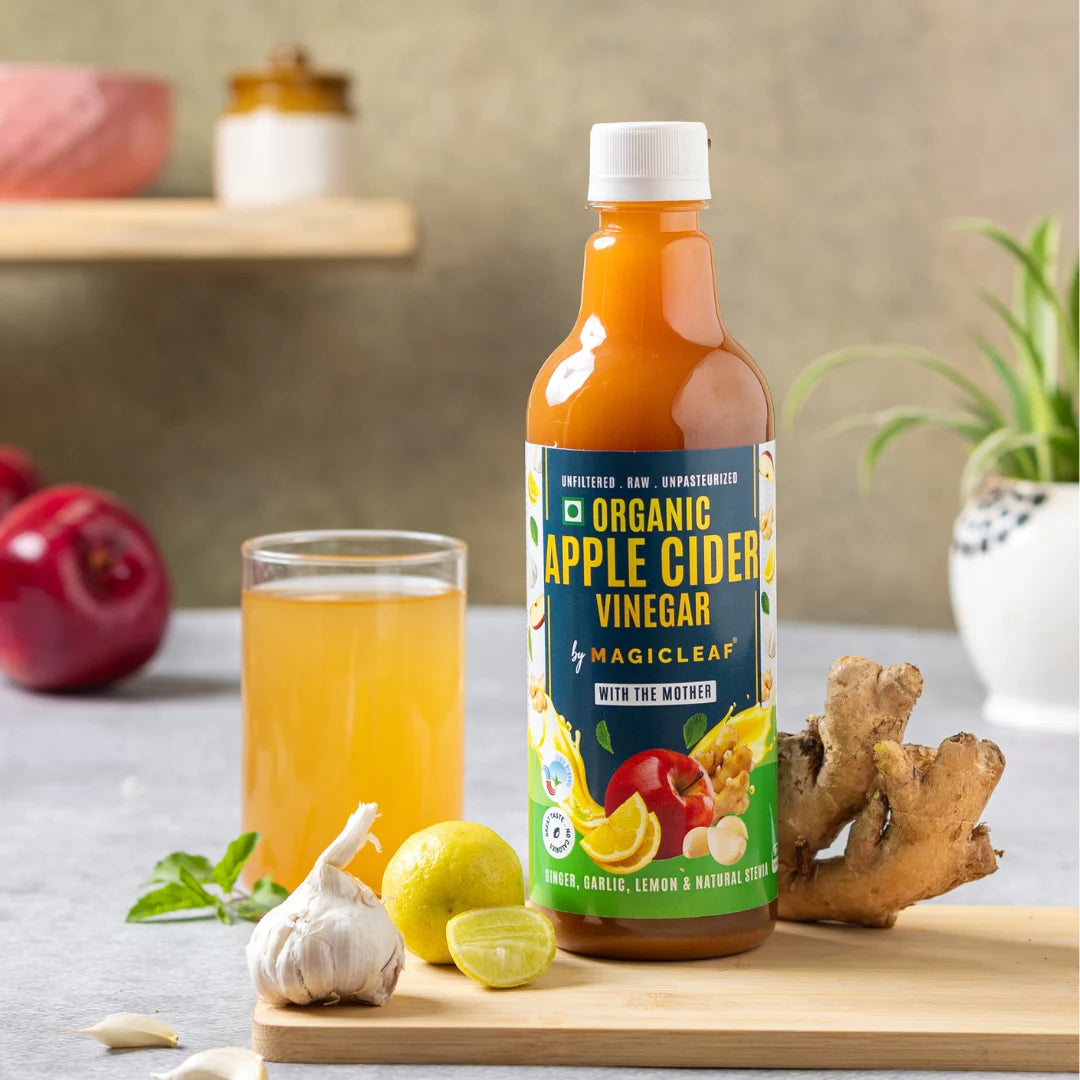In 1976, a remarkable breakthrough in the world of sweeteners occurred. Scientists from Tate & Lyle, in collaboration with researchers from Queen Elizabeth College, developed sucralose in a laboratory setting. This discovery has since transformed the food and beverage industry, offering a zero-calorie alternative to sugar that retains an intense sweetness.
The Birth of Sucralose
The journey of sucralose began with a simple chemical process. The researchers started with sucrose, commonly known as table sugar, and modified its molecular structure. By replacing three hydrogen-oxygen groups on the sugar molecule with chlorine atoms, they created a compound that is approximately 600 times sweeter than sugar. This modification also made sucralose non-caloric, as the human body cannot metabolize it.
The Advantages of Sucralose
Sucralose offers several benefits that have contributed to its widespread adoption:
- Zero Calories: One of the most significant advantages of sucralose is that it provides sweetness without adding calories. This makes it an ideal choice for those looking to reduce their calorie intake without sacrificing taste.
- High Sweetness Intensity: Because sucralose is so much sweeter than sugar, only a small amount is needed to achieve the desired level of sweetness. This makes it highly efficient and cost-effective.
- Heat Stability: Unlike some artificial sweeteners, sucralose remains stable at high temperatures, making it suitable for cooking and baking. This versatility has made it a popular ingredient in a wide range of products, from beverages to baked goods.
The Drawbacks of Sucralose
Despite its benefits, sucralose is not without its drawbacks. Some studies have raised concerns about potential health effects when consumed in large quantities over extended periods. Additionally, sucralose is an artificial compound, which may not appeal to those seeking natural alternatives.
Stevia: The Natural Alternative
In contrast to sucralose, stevia offers a natural alternative to sugar that has been used for centuries. Derived from the leaves of the Stevia rebaudiana plant, Stevia is not created in a laboratory but cultivated from a natural source.
The Benefits of Stevia
- Natural Origin: Stevia is a plant-based sweetener, making it an attractive option for those looking for natural alternatives to artificial sweeteners like sucralose.
- Zero Calories: Like sucralose, stevia provides sweetness without adding any calories, making it ideal for weight management and reducing sugar intake.
- Health Benefits: Stevia has been shown to have potential health benefits, including lowering blood pressure and blood sugar levels. Its natural origin means it is less likely to have adverse health effects.
- Versatility: Stevia is highly versatile and can be used in a wide range of products, from beverages to baked goods, without compromising on taste.
- Sustainable: As a natural product, stevia cultivation has a lower environmental impact compared to the production of artificial sweeteners.
| Aspect | Sucralose | Stevia |
|---|---|---|
| Source | Artificial sweetener derived from sucrose (sugar) | Natural sweetener derived from the Stevia rebaudiana plant |
| Sweetness | About 600 times sweeter than sugar | Much sweeter than sugar, with some extracts being 300 times sweeter |
| Calorie Content | 0 | 0 |
| Tooth Decay | Does not contribute to tooth decay | Does not contribute to tooth decay |
| Usage | Used in many packaged foods and beverages as a sugar substitute | Available in various forms including powder, liquid, and whole leaf. |
| Safety | Some studies suggest potential health risks and concerns, including gastrointestinal issues, metabolic disturbances, and effects on gut microbiota | Considered safe with no known adverse effects; has been used for centuries by indigenous populations and approved as a sweetener in many countries |
| Regulatory | Approved for use as a food additive by FDA | Approved for use as a food additive by FDA and recognized as safe by various regulatory agencies worldwide including India. |
| Natural | Synthetic sweetener | Naturally derived from plants |
| Metabolism | Not metabolized by the body | Not metabolized by the body |
| Environmental | May contribute to environmental pollution during production | Generally considered environmentally friendly as it is plant-based and biodegradable |
| Aftertaste | Can leave a lingering aftertaste in some individuals |
May have a slightly bitter aftertaste in some forms, but generally considered palatable. Magicleaf's proprietary technology combines it's Stevia plant variety, an organic extraction process, and a unique blending technique to reduce bitterness in their Stevia making it best choice of customers across India. |
Conclusion
While sucralose offers a compelling zero-calorie sweetening option, the natural, health-promoting qualities of Stevia make it a superior choice for those seeking a healthier lifestyle. With its rich history, natural origin, and numerous benefits, stevia stands out as an excellent alternative in the quest for better sweetening solutions. Whether you’re reducing sugar intake or managing your weight, stevia provides a natural, delicious way to enjoy sweetness without the drawbacks of artificial sweeteners.

